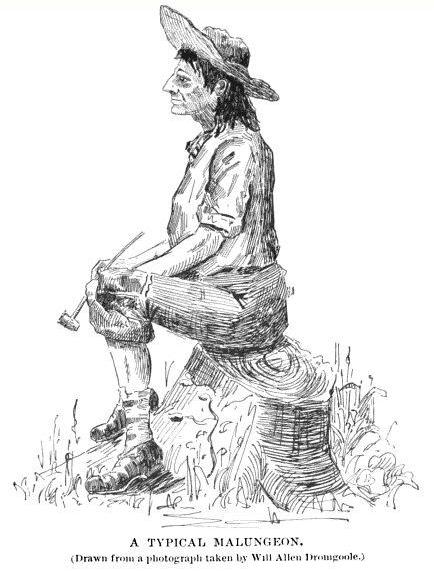Yinko
Well-known member
I was having a thought about an AH monarchist US, and it occurred to me that it would be easiest if the 13 Colonies had had titled nobility rather than just the middle class running things. The UK had colonies up and running well in the Americas for at least 200 years before the revolution, yet as far as I know there were never lords here. There were people like Penn who were granted the right to settle lands, and there were offshoots from noble families, but never people guaranteed hereditary lands by the crown, like there was in Mexico (Cortez being the most famous example). Why not? Or am I mistaken?



